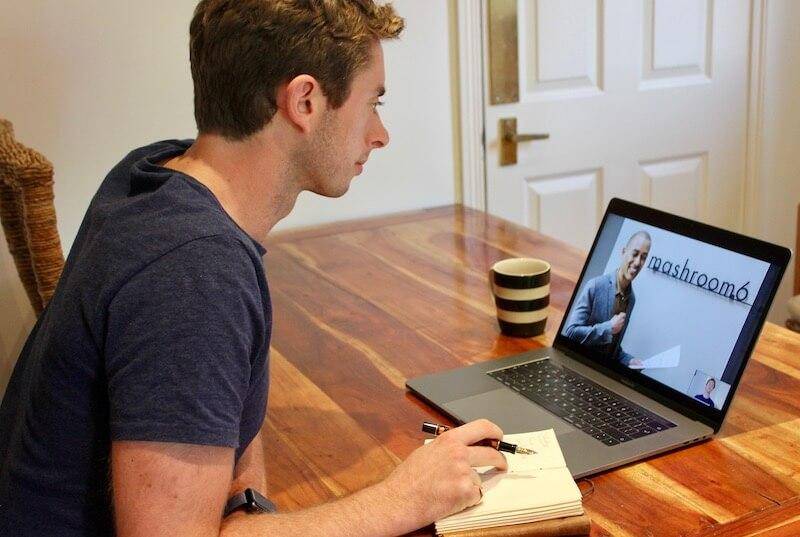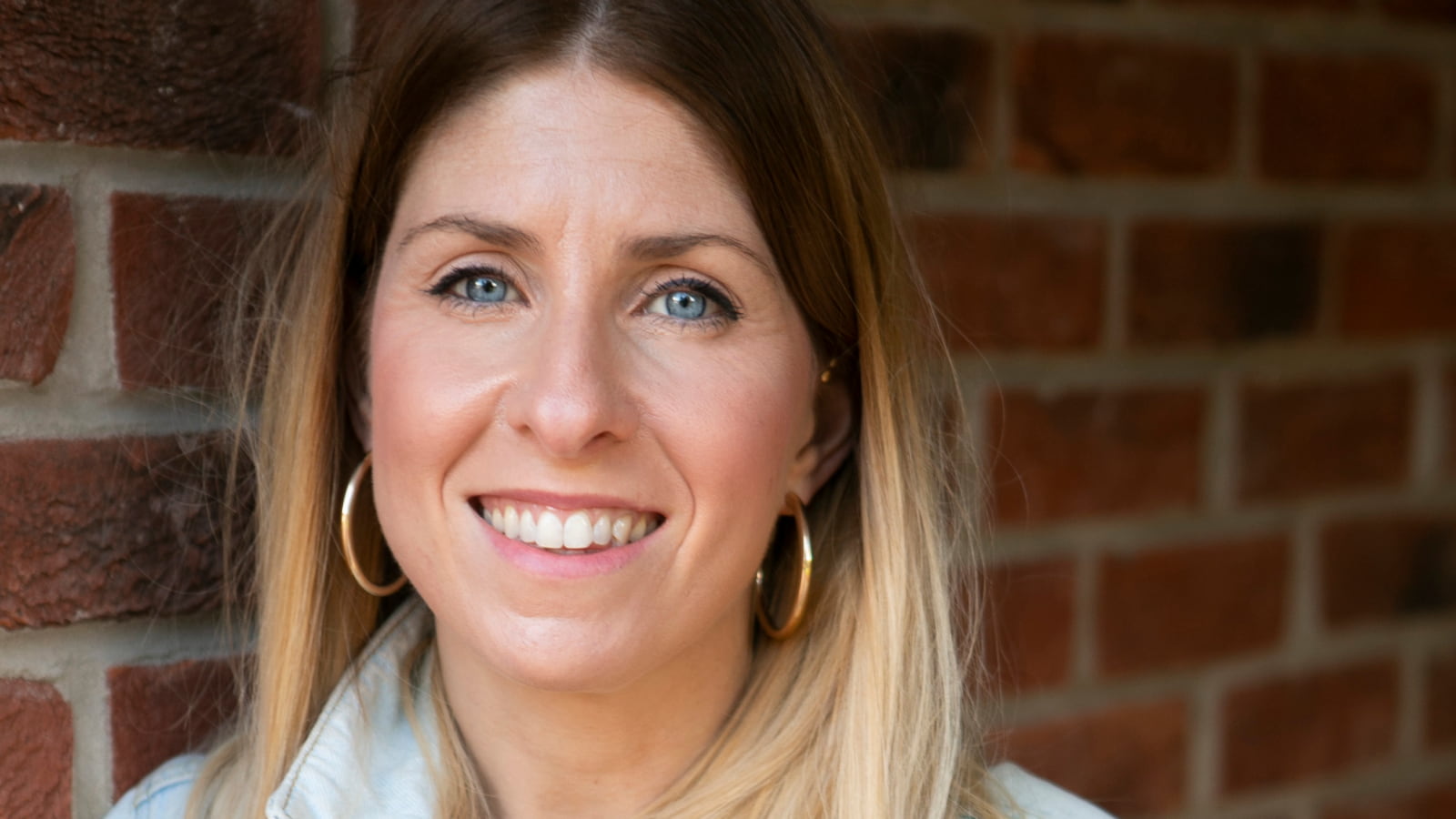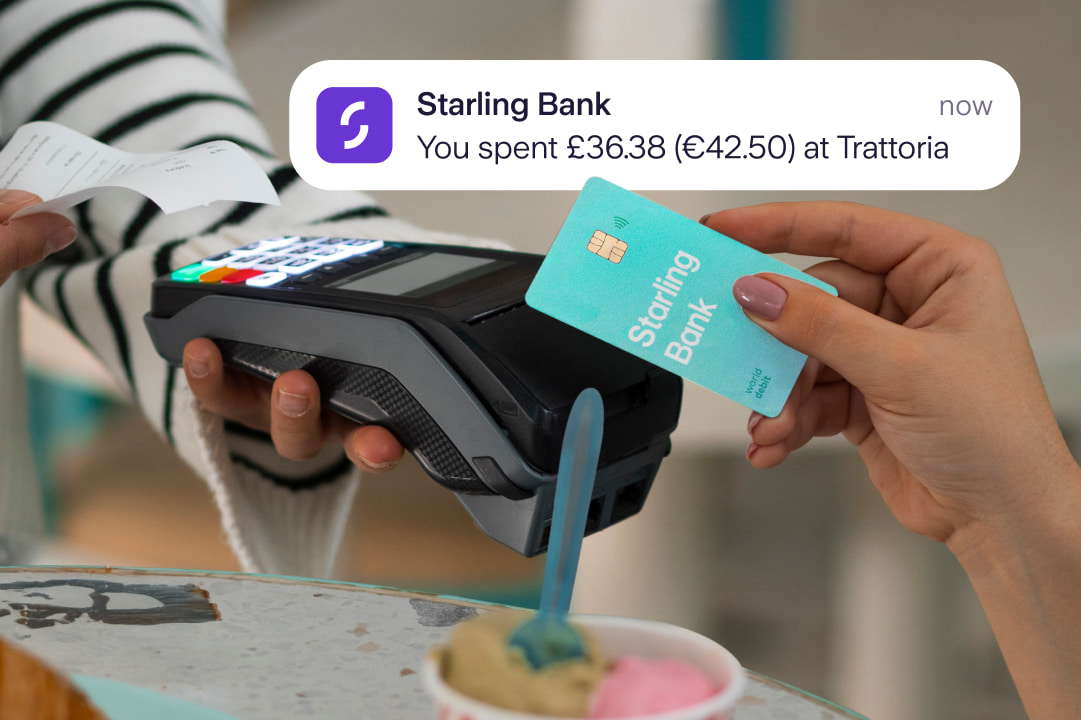Alex Merry: Speech writer, public speaking coach and entrepreneur
23rd May 2019

Alex Merry helps write and deliver talks that inspire change. From Hollywood costume designers to top entrepreneurs, he’s worked with people all over the world to craft their insights into speeches that have been seen and heard by thousands, sometimes millions, of people when the recordings have been shared online.
“Speeches have been at the forefront of every meaningful movement in history; they have fought for civil rights, inspired nations and even sent people to the moon,” says Alex, 31. “For the first time in human history, sharing a message globally is no longer limited to the leadership elite and that means that a speech’s impact can travel far beyond the audience it was delivered to. Public speaking can become an incredible catalyst for change.”

Alex’s Public Speaking Accelerator programme has helped entrepreneurs become great public speakers and speech writers. He delivers the programme online and in person. TEDx talks given by people who have enrolled on the programme include ’Turning schools into hotbeds for global change-reforming education,’ and ’What they don’t tell you about entrepreneurship.’ Alex is also delivering bespoke Public Speaking Accelerators for organisations that want to improve the way their leadership teams communicate on stage.
Learn from your experience
Before setting up his own company, Alex co-ran Champions Life Academy, a sales and marketing organisation that provided students with work experience fundraising for charities. Part of his role involved spending three months delivering daily presentations to university students. “Had I realised at the time that I would be doing so much public speaking, I wouldn’t have taken the job - I used to hate public speaking,” he says. “Looking back though, not only did these roadshows force me to confront my childhood fear, they also taught me that public speaking is a skill that you can learn and when you do, it will open up doors that otherwise might have been closed.”
One opportunity that presented itself was founding and running TEDxClapham, a public speaking community event in South London. He did this alongside Champions Life Academy until 2016, when Alex and the team decided to shut the company down.
“After Champions Life Academy, I went out to New York to work for a cyber security company looking to expand into Europe. It turned out that they were going bust too. Luckily, behind the scenes, TEDxClapham’s talks had started to gain traction online and I was requested to help others prepare for upcoming speeches,” he says. “When I returned to London, I created what I called my ‘bankruptcy spreadsheet’ and worked out that I had three months until I’d run out of money. That sort of do or die scenario gives you an amazing amount of clarity. It forced me into a situation where I had to make money,” he says.
He set up a public speaking workshop at Google for Startups Campus, a community of entrepreneurs who come to Google for events, advice and mentoring. Following this, ten people enrolled onto his trial public speaking programme, kickstarting his business.
How to become a great public speaker
For Alex, what makes a great public speaker can be crystallised into one word: empathy. “Great public speaking has got nothing to do with how introverted or extroverted you are, it’s all about empathy and being fine tuned to your audience.”
Overcoming nerves is something he’s often asked about. “Typically, stage fright comes from two things, either not knowing your speech well enough or not knowing whether what you’ve got to say is actually any good. Let’s face it, most people deliver their talk for the first time in front of their audience and if your content hasn’t been tested, that can be risky. If you know what you’ve got to share is golden, you’ll be more excited than nervous to share it with other people,” he says.

Be patient with your business
When it comes to starting a business, Alex’s first piece of advice is to be patient. “Everything takes a lot longer than you think it will. It took 15 months before I started finding the people I really wanted to work with,” he says.
Almost three years on, Alex is at a tipping point where leaders and businesses come to him for help and advice, rather than the other way around. This is down to hard work and building up a strong reputation within the industry.
Understand your money
His second piece of advice is to try and understand your finances. “When you run a one-person business, finances are the last thing you look at because you’re always trying to deal with things that feel more urgent,” he says.
Like many entrepreneurs, Alex would like financial education to be taught in schools. “In this country we have such a poor understanding of finance - we know how to do Pythagoras’ theorem but we don’t know how to do a P&L [Profit and Loss] sheet. At least I have a bank that helps me,” says Alex, who became a Starling customer earlier this year.
He first heard about Starling three years ago at a networking event. “When you go round the room asking what people they do, ’We’re setting up a bank,’ it’s not an answer you hear very often,” he says. From then on, he always kept an eye on Starling. When he heard our founder Anne Boden talking about Starling business accounts on the Secret Leaders podcast episode, he decided to apply for a business account.
“To be able to set up a business account in just a few minutes is pretty ridiculous,” he says. “It’s a beautiful app and it’s saved me days of time. I like being part of Starling’s journey.”
Related Stories

Business
“Becoming a mentor helped me see my own value.”
6th March 2025

Business
A round-up of accounting software options for Starling business customers
24th May 2024

Business
How do I future proof my business for a crisis?
8th February 2024
Latest Posts

Money Truths
Tipping etiquette in the UK and abroad
8th July 2025

Money Truths
How much do two weeks in Thailand cost?
2nd July 2025

Money Truths
The £20-a-month pact: how we planned our big group holiday seven years out
1st July 2025